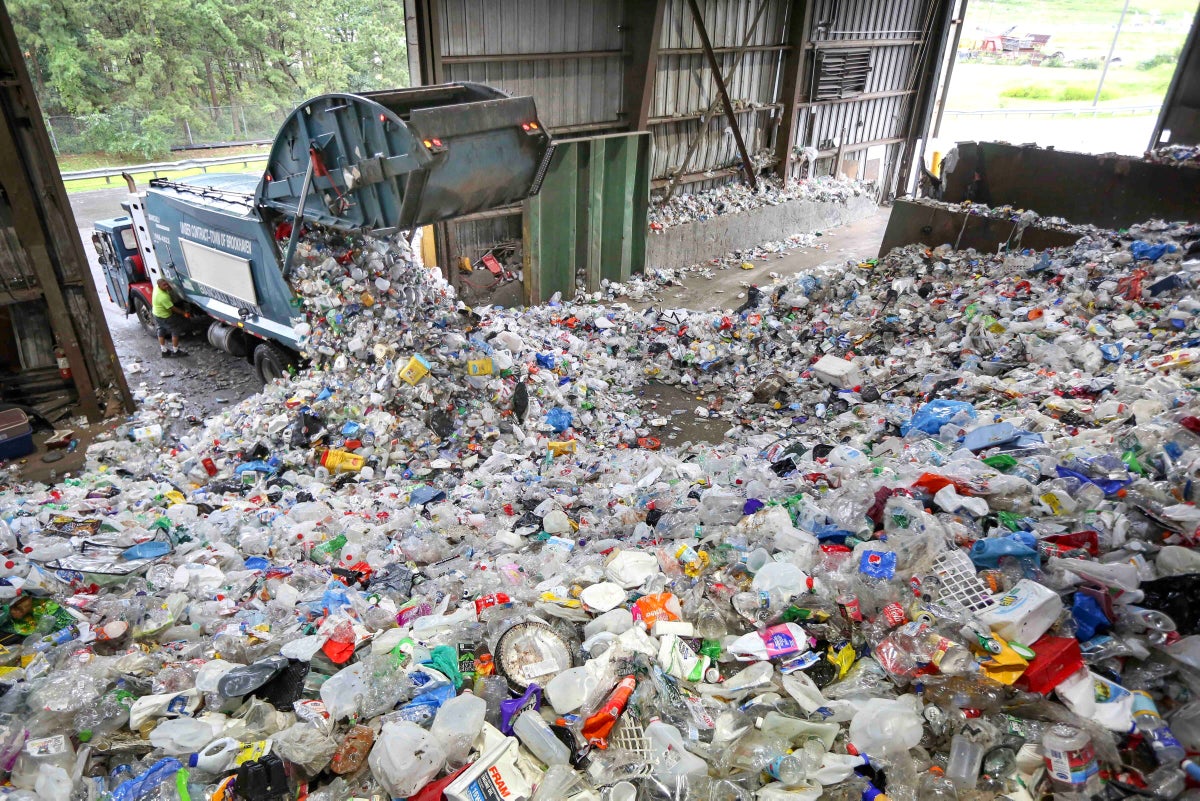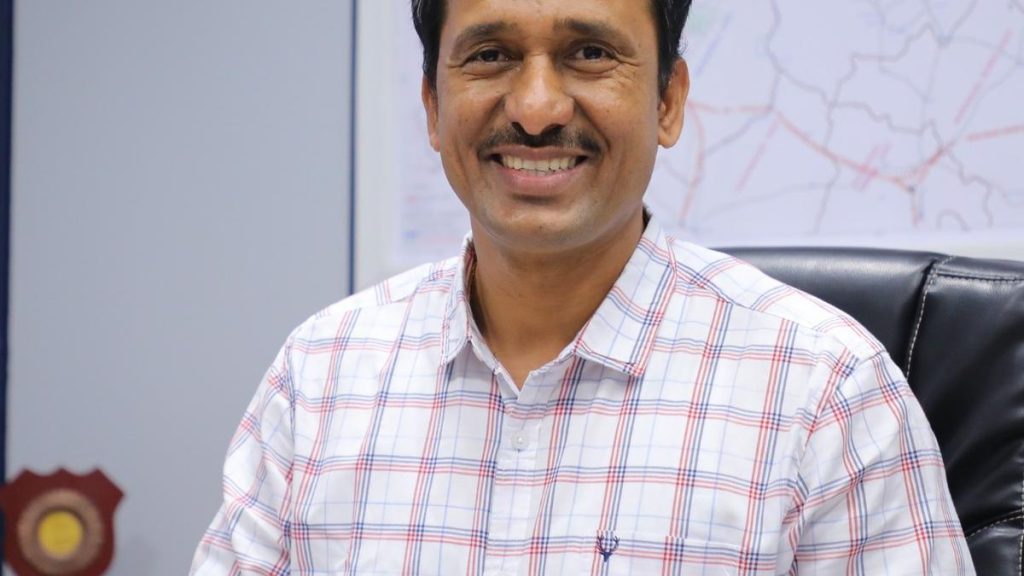Now Reading: Tracing the Journey of Plastic, Glass, and Paper in Recycling Systems
-
01
Tracing the Journey of Plastic, Glass, and Paper in Recycling Systems
Tracing the Journey of Plastic, Glass, and Paper in Recycling Systems

Rapid Summary
- Single-stream recycling simplifies the process by allowing mixed recyclable materials to be collected in a single bin.
- Sorting at facilities involves shredding, separating materials using screens, magnets, and gravity. Contamination like food residue or plastic bags complicates the process and raises costs.
- Plastics are particularly challenging to recycle; onyl 9% of plastic waste is recycled in the U.S., according to EPA data. Some plastics like Symbol 3 (PVC),Symbol 4 (LDPE),and Symbol 6 (Polystyrene) are notoriously challenging or unsafe to recycle due to contamination,safety issues,or technical barriers.
- Commonly recyclable plastics include Symbol 1 (PET used in soda bottles), Symbol 2 (HDPE used in milk jugs), and Symbol 5 (PP used for yogurt cups). However, separating certain types remains expensive because recycling technologies sometimes require advanced methods such as infrared spectroscopy or solvolysis.
- Innovations such as “compatibilizers” are being researched to make mixed plastics usable again through mechanical reprocessing methods that improve their quality for reuse.
- Better consumer habits-cleaning recyclables of food waste and following local recycling rules-can aid effectiveness while efforts toward circular economic models aim to minimize waste.
indian Opinion Analysis
India’s urbanization poses similar challenges regarding recycling efficiency and material reuse as outlined in global contexts like the U.S.’s single-stream system discussed here. While India lacks wide-scale single-bin collection systems seen abroad, segregation at household levels is already mandated under policies like Swachh Bharat Abhiyan’s Municipal Solid Waste Rules but faces implementation hurdles due to lack of awareness or infrastructure gaps.
Improving local strategies could benefit from adopting advanced technological approaches mentioned above-like chemical-based compatibilizers-for handling diverse plastic types ubiquitous across industries within India’s growing economy. Focusing on education could also alleviate contamination concerns raised globally by emphasizing precise sorting practices among citizens while exploring mechanical innovation paths toward better integration into national sustainability frameworks essential for balancing ecological well-being with industrial expansion aims.Read More: Original Article



























